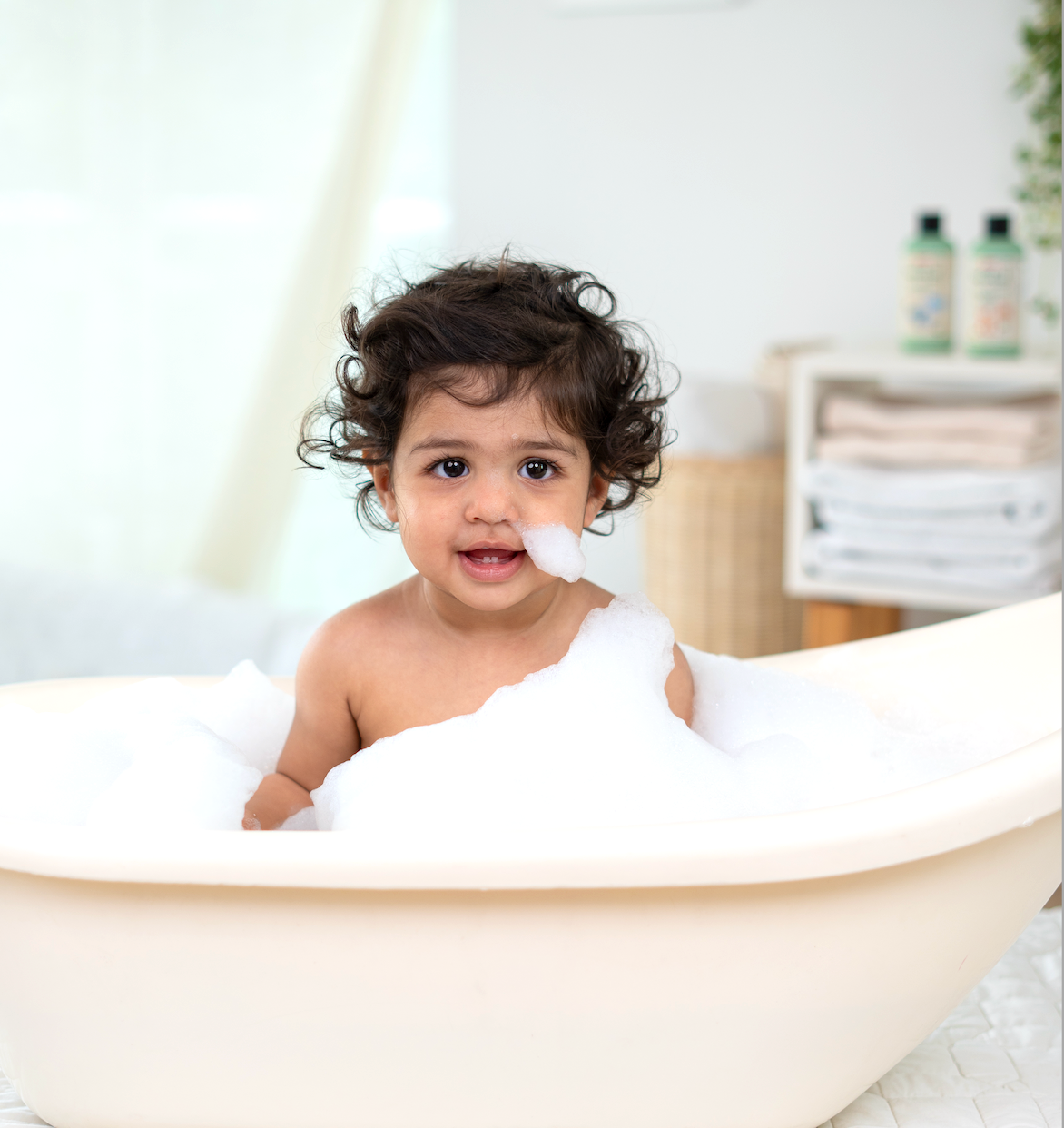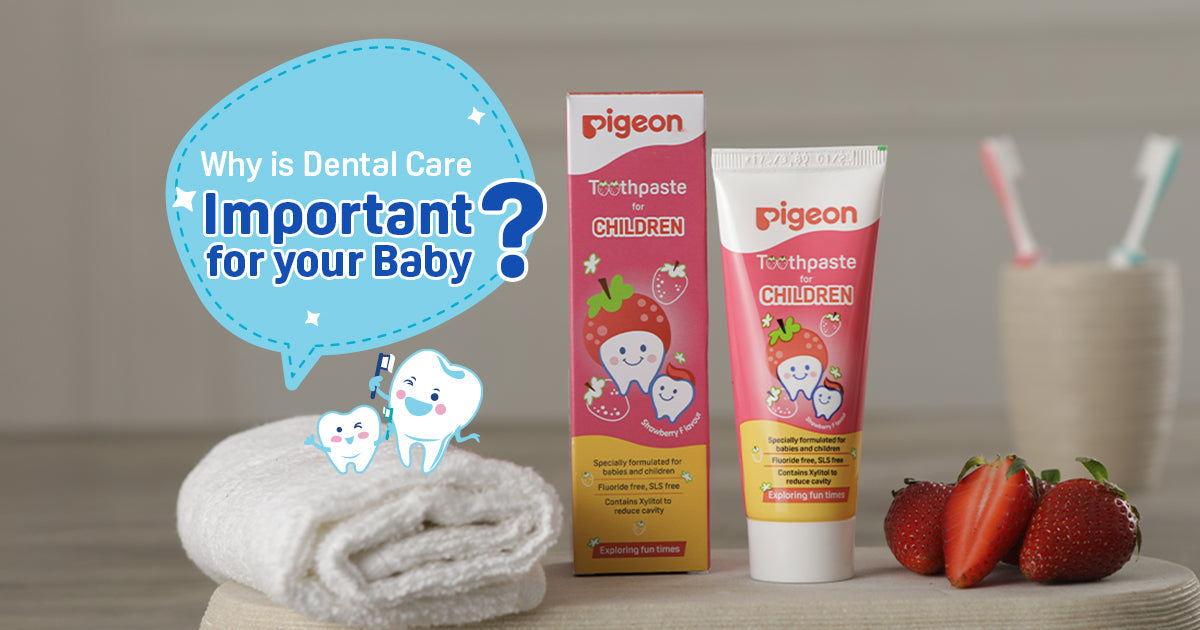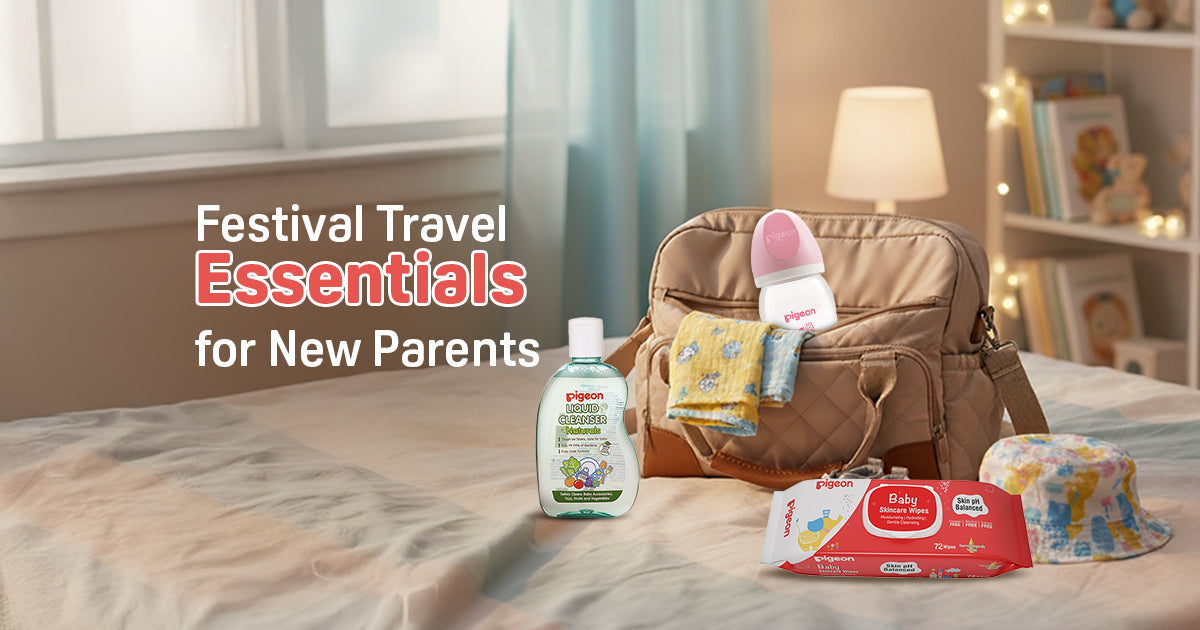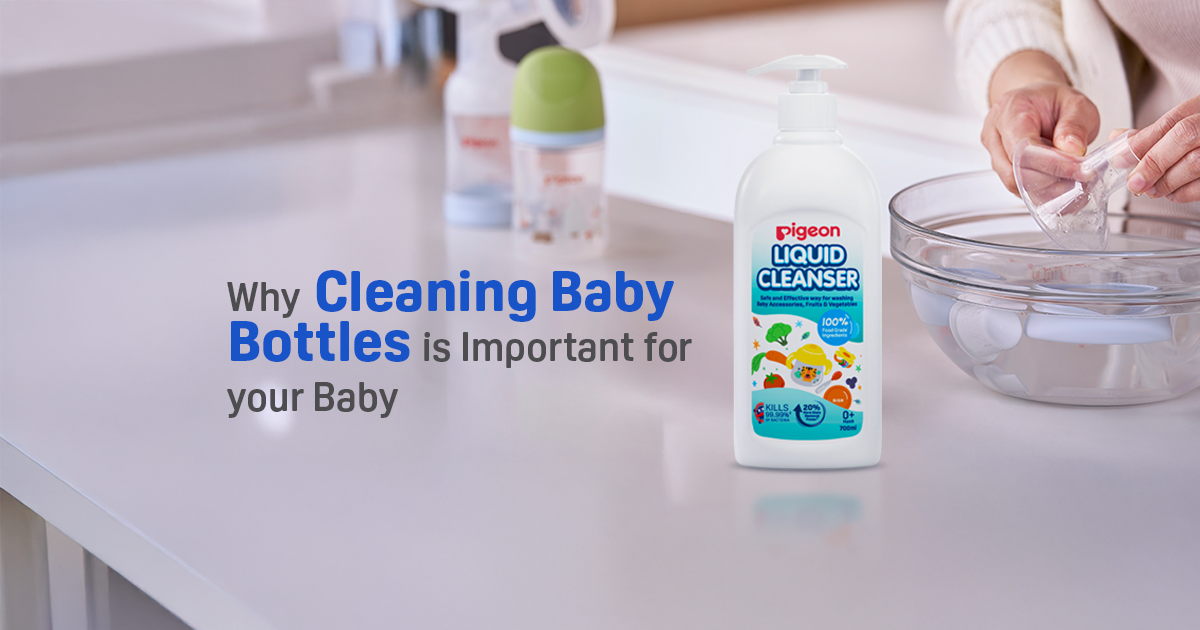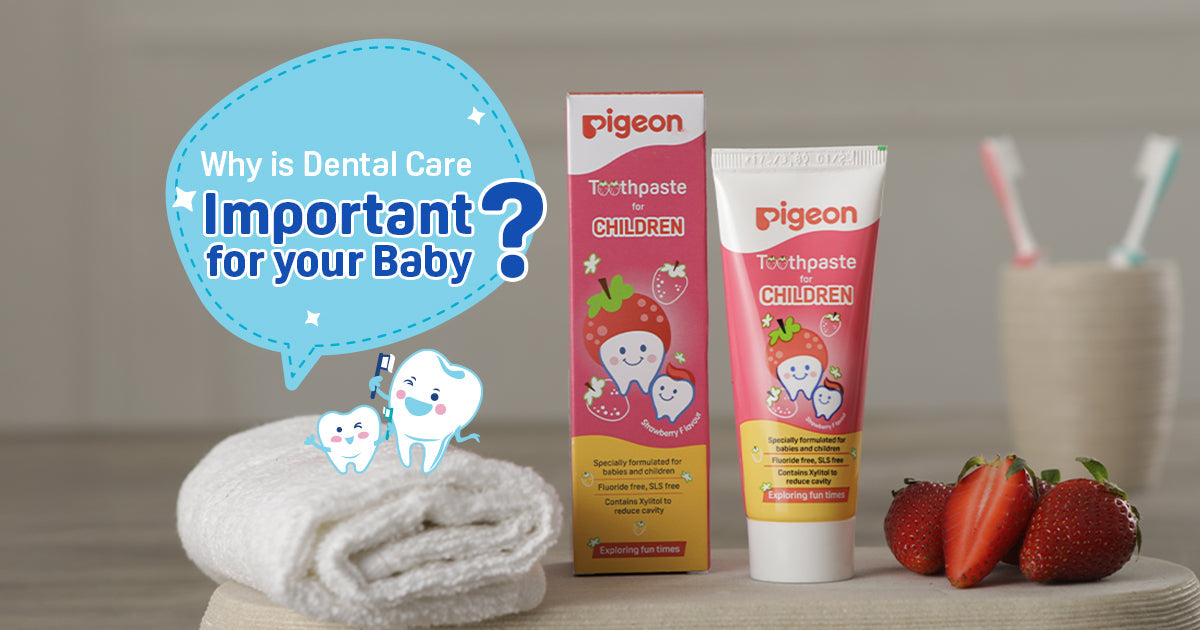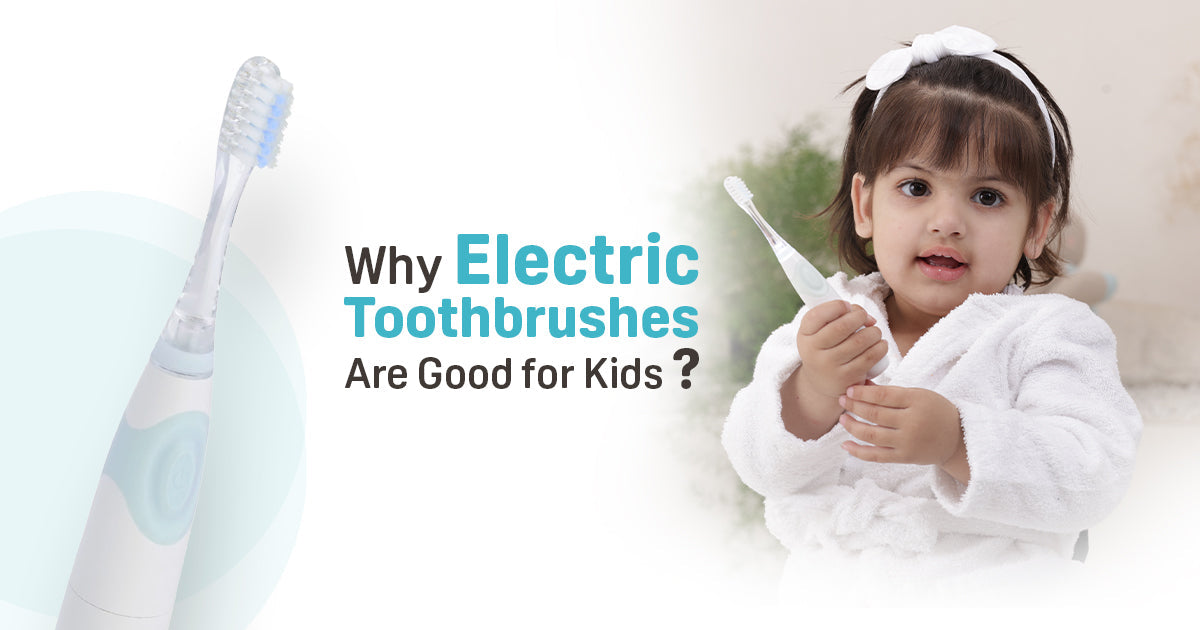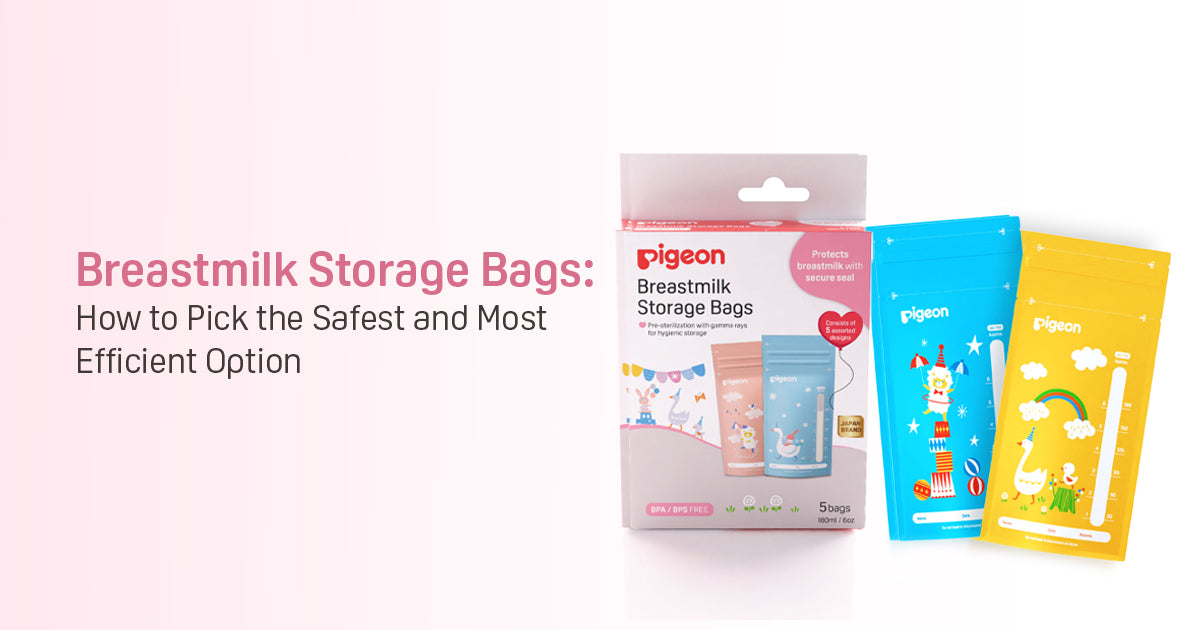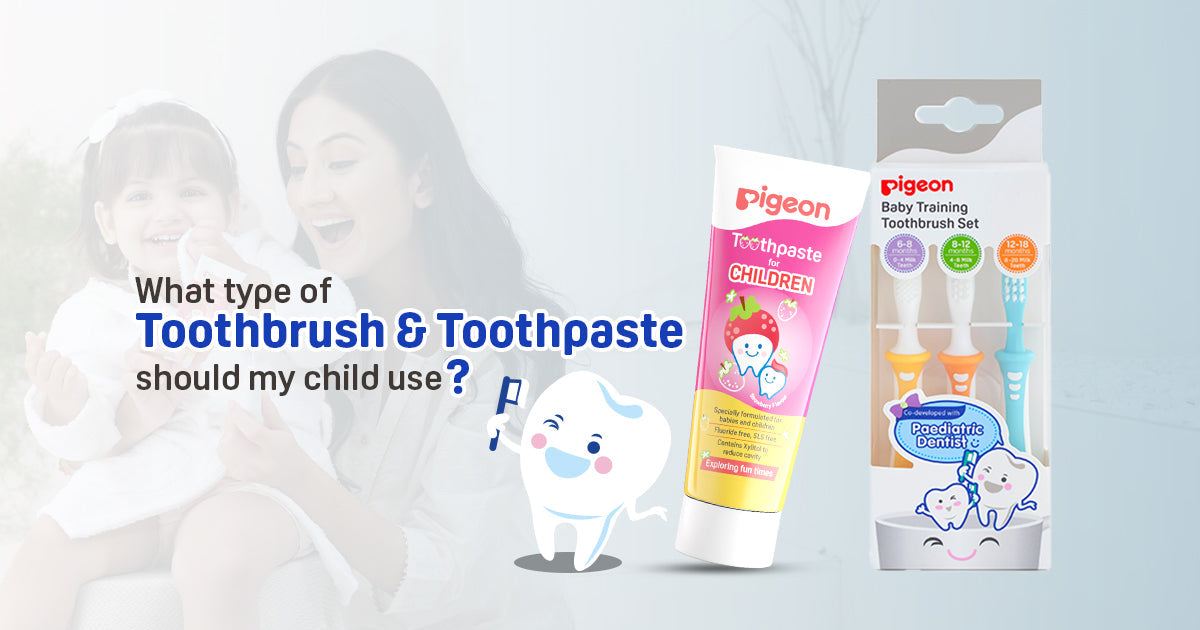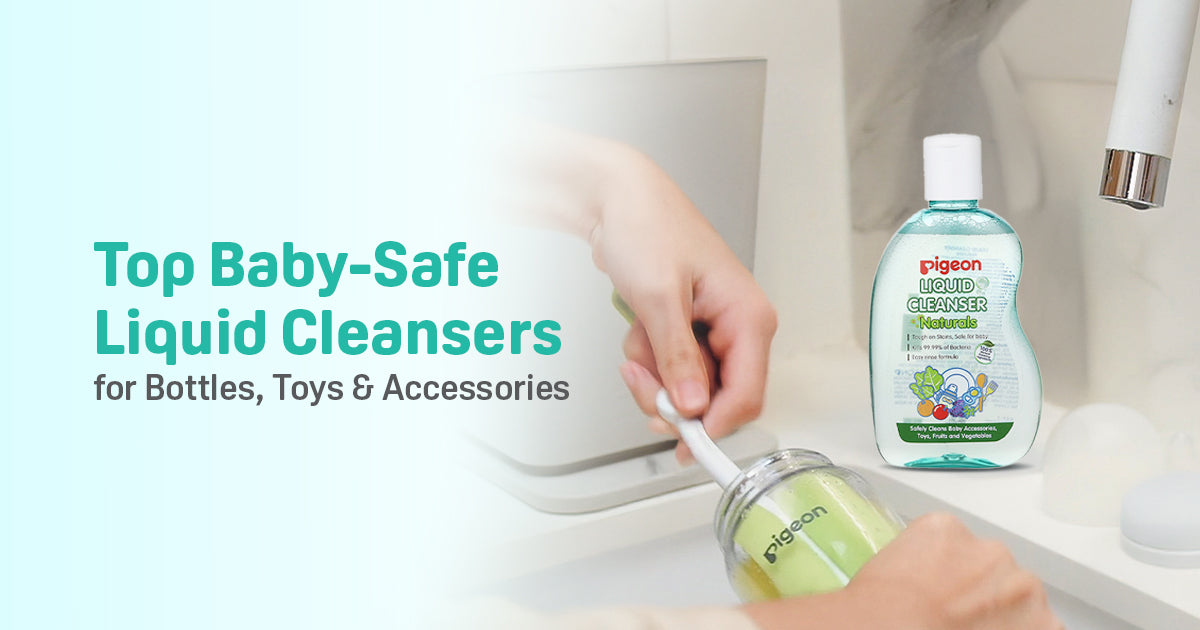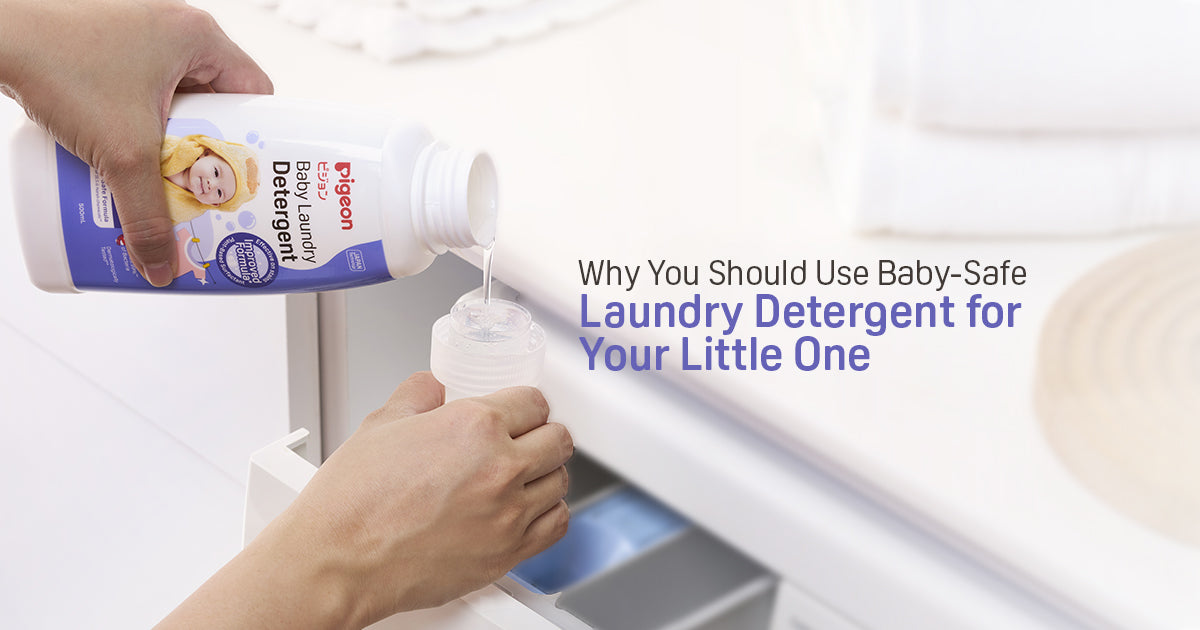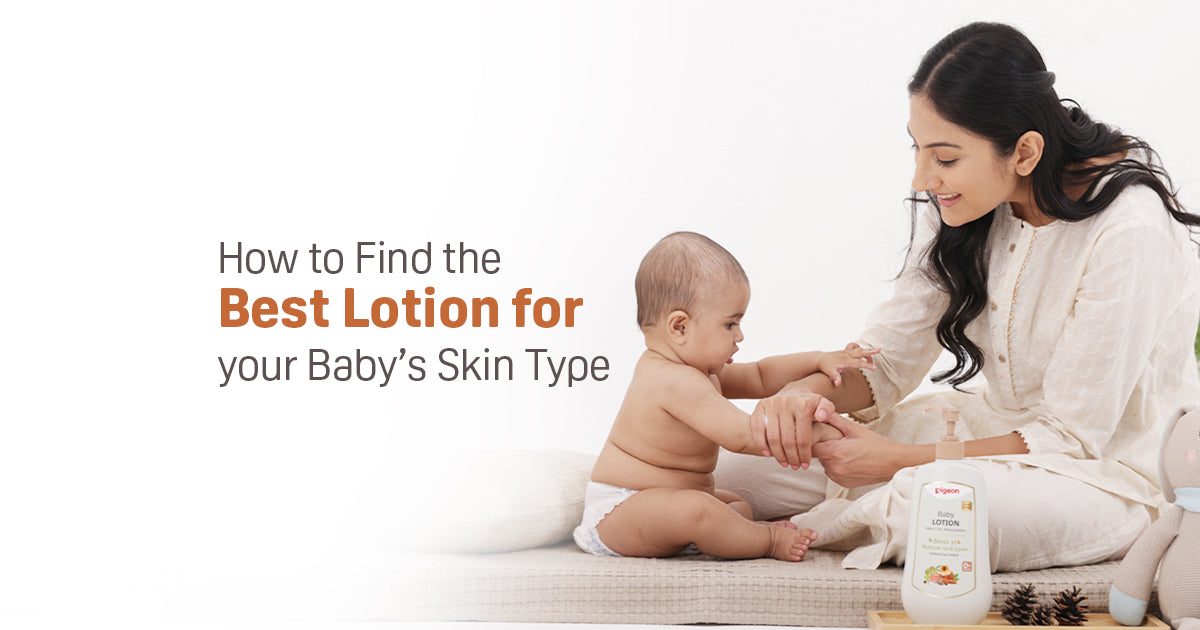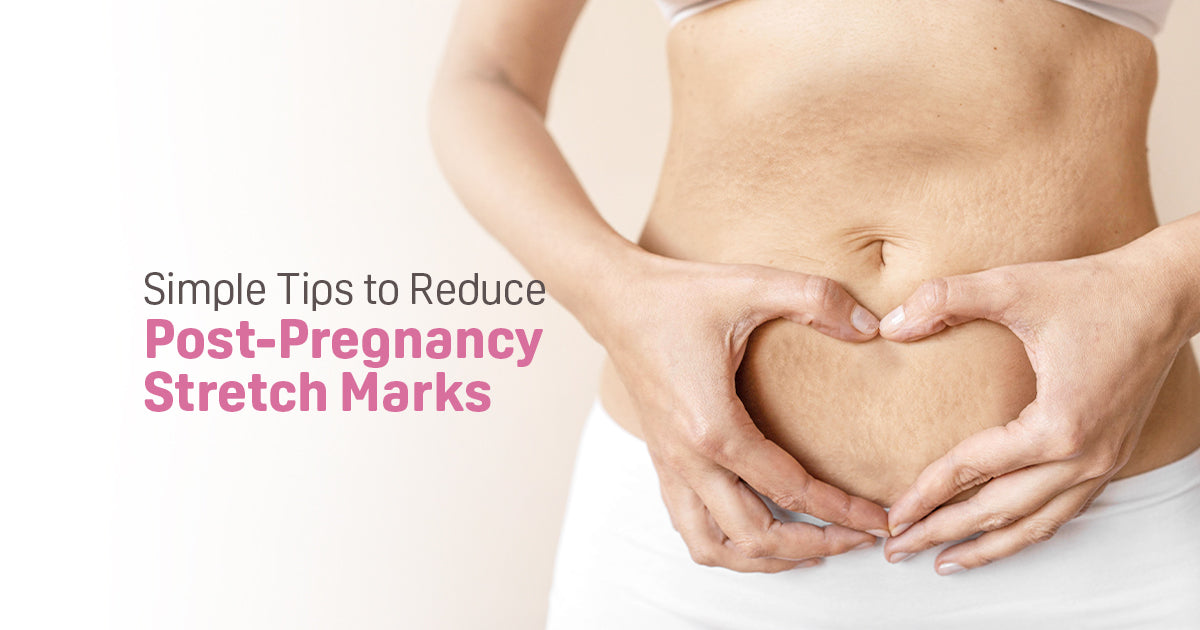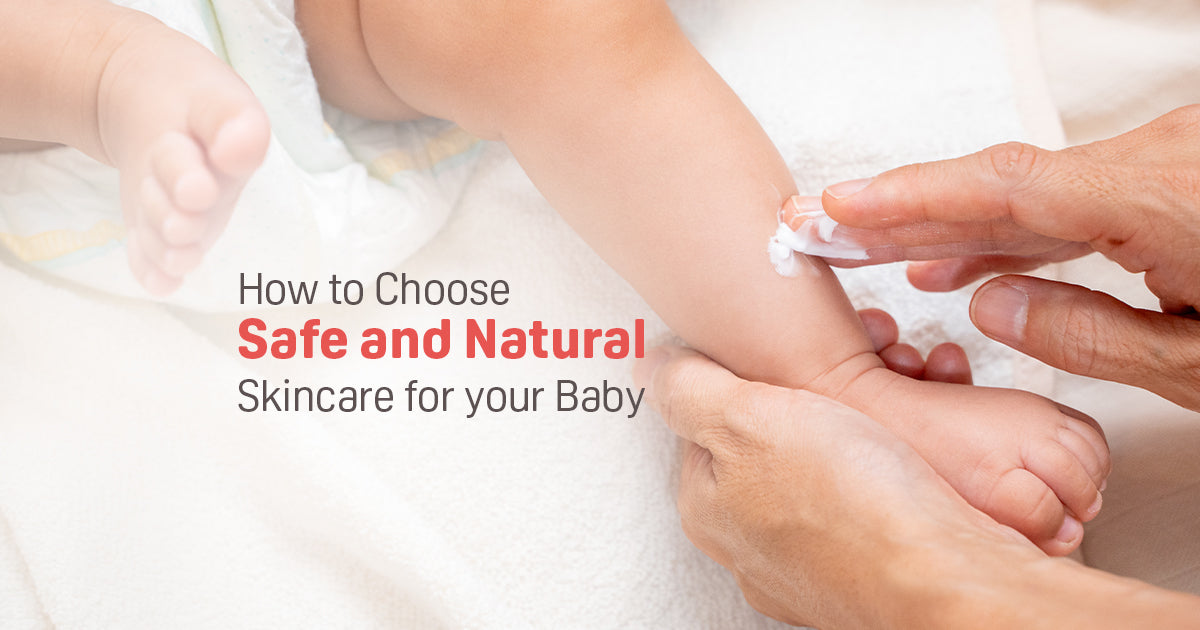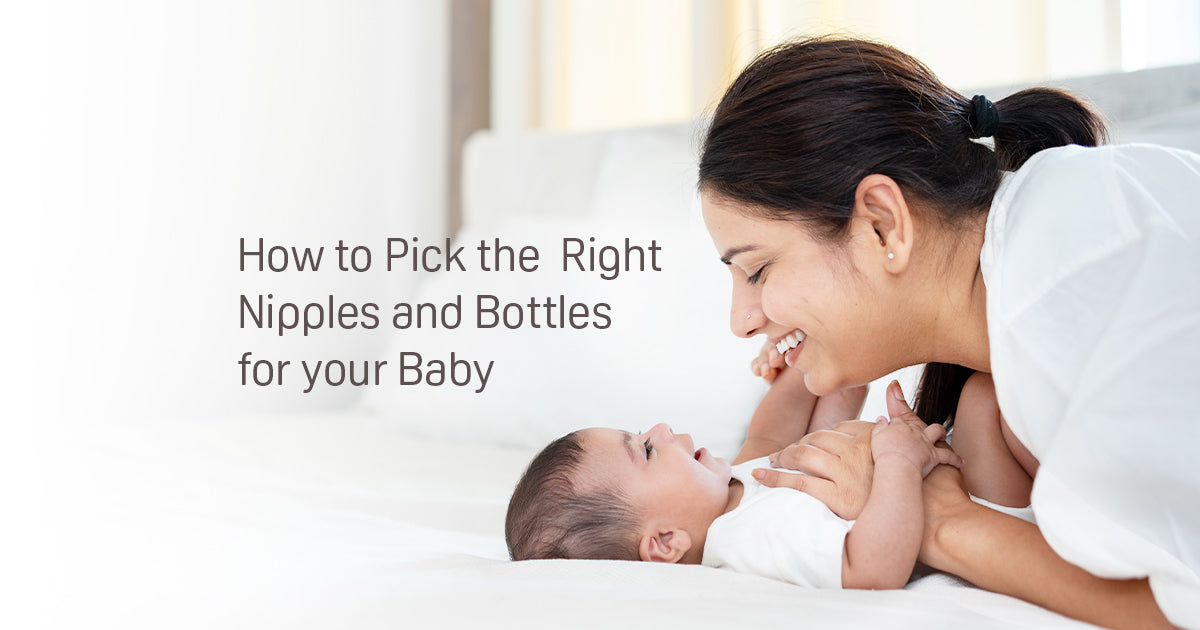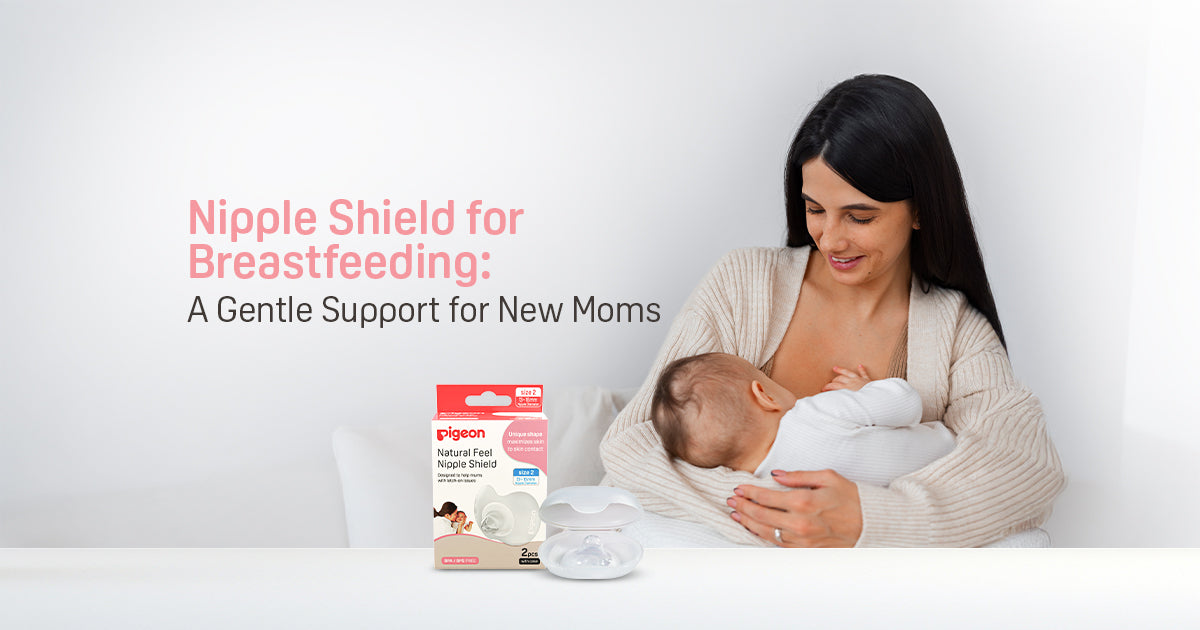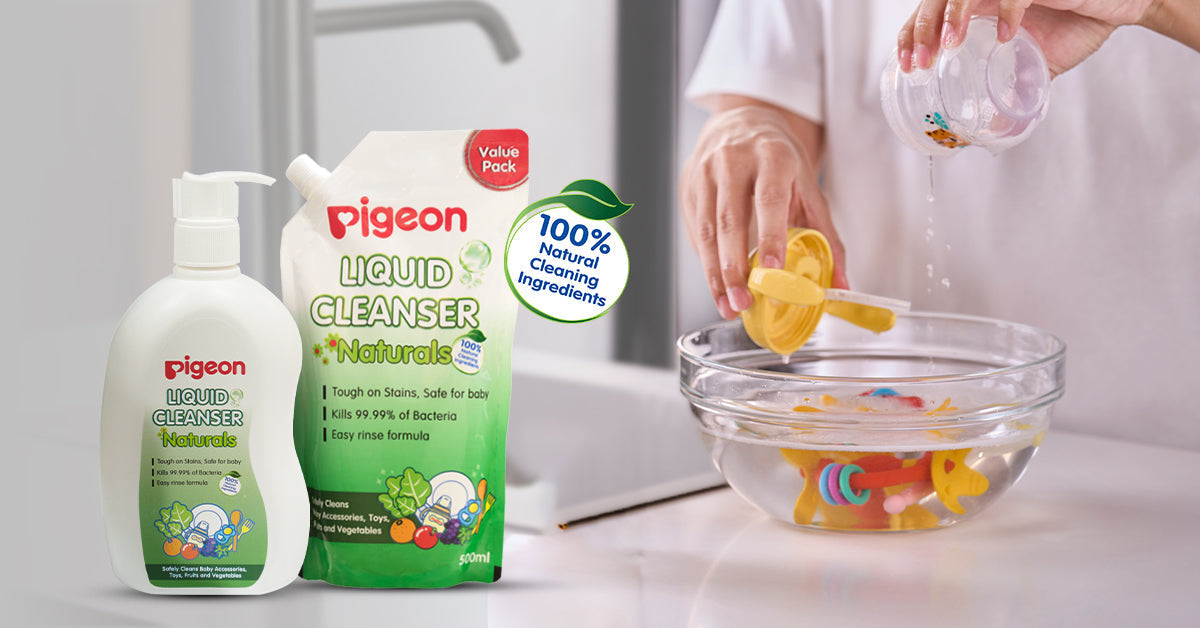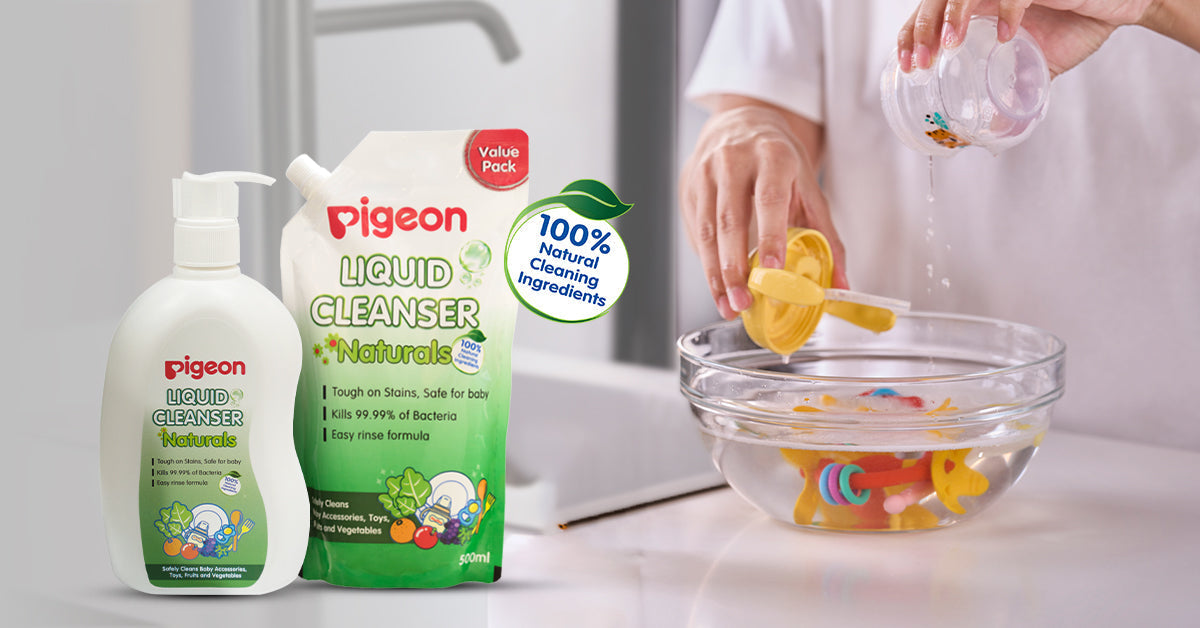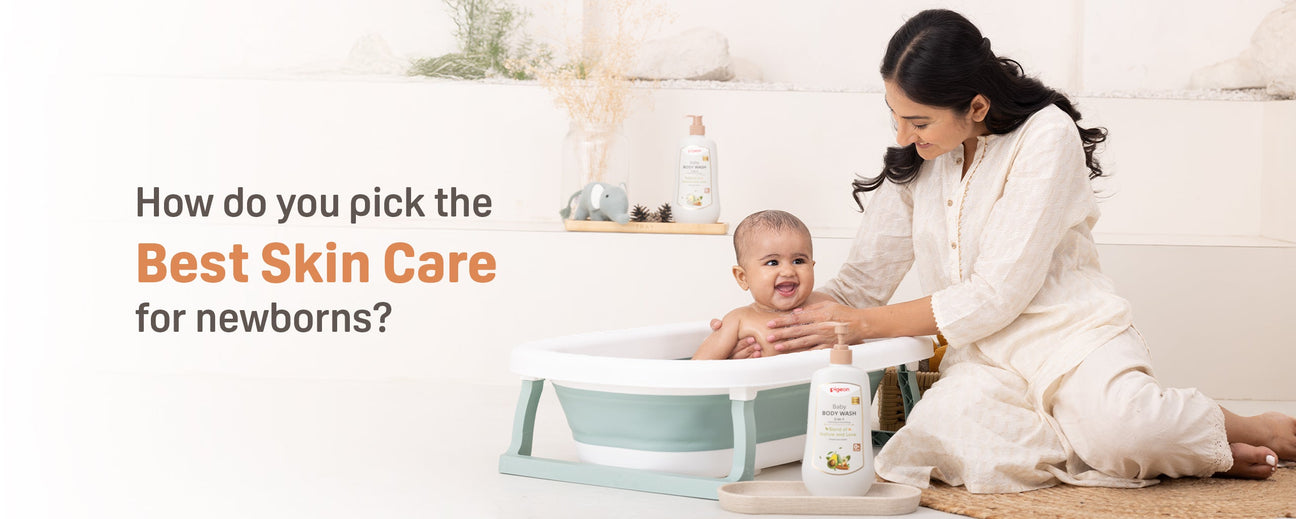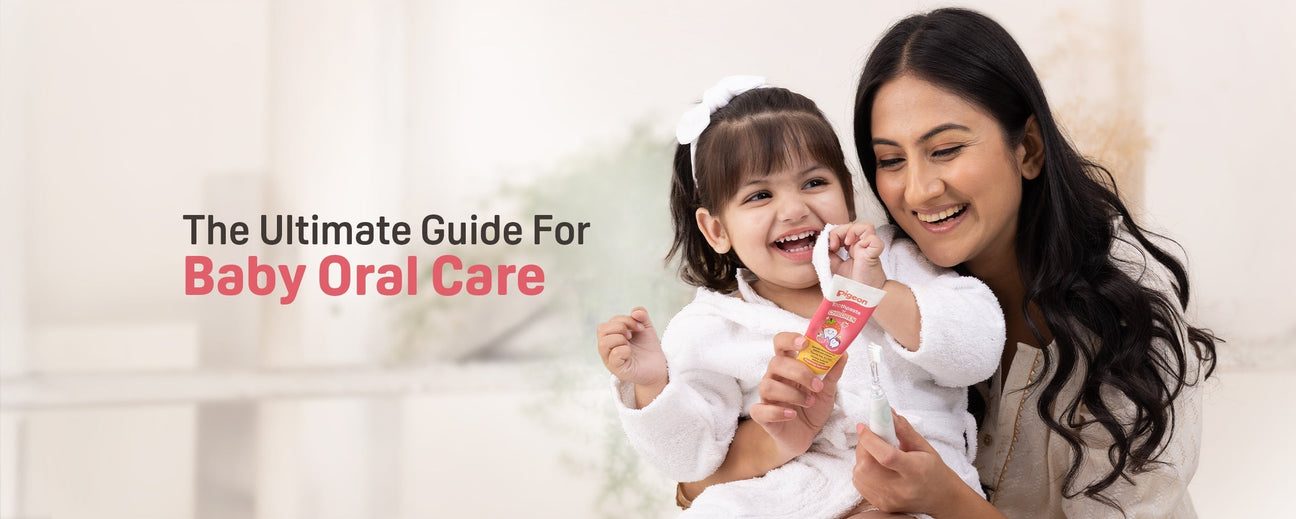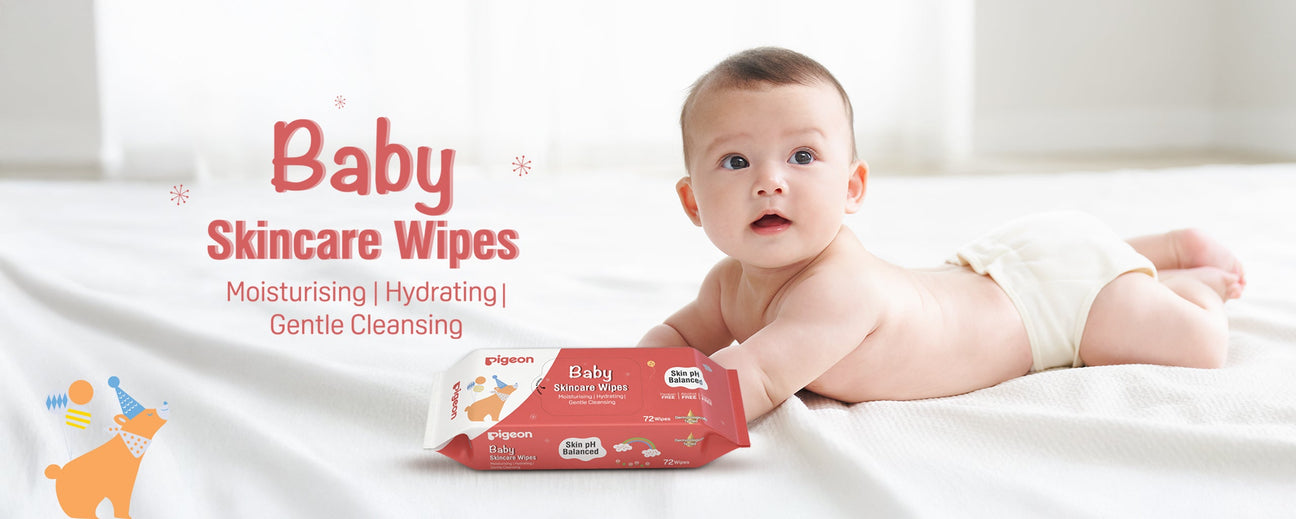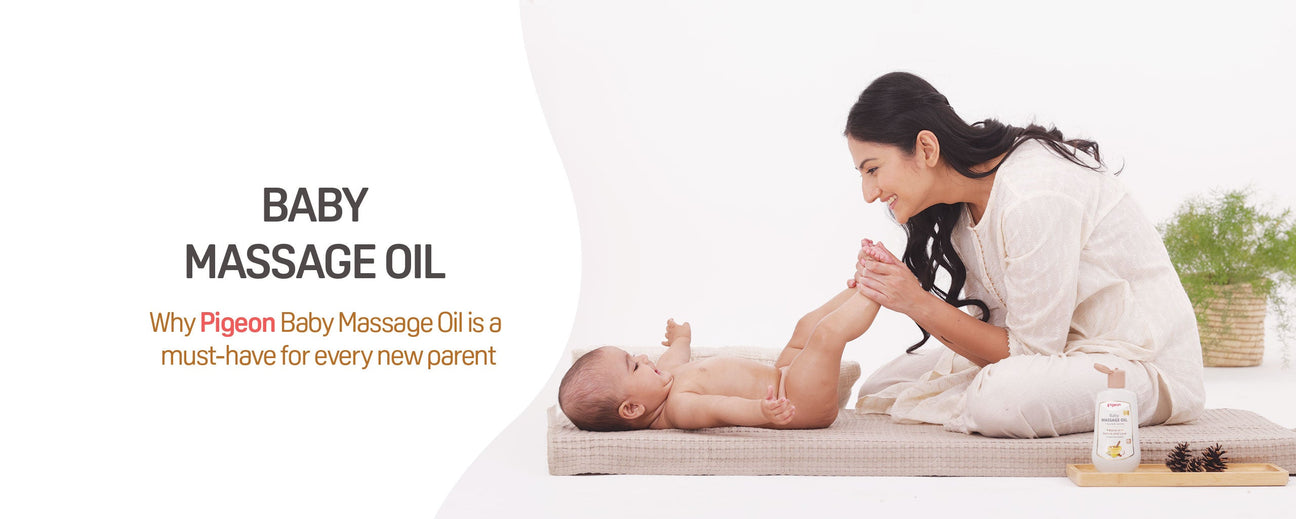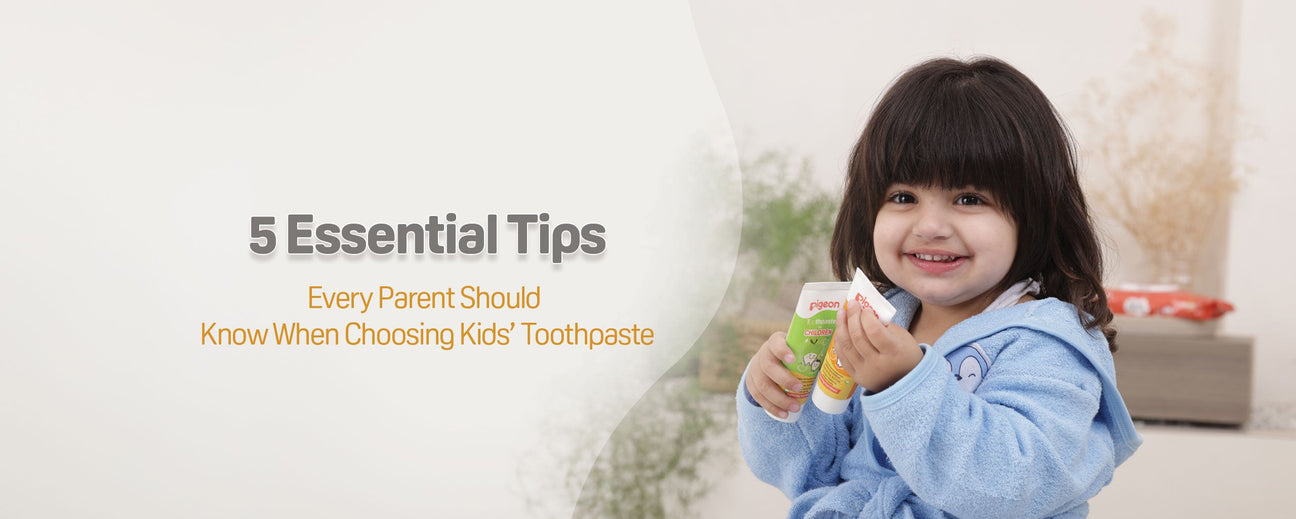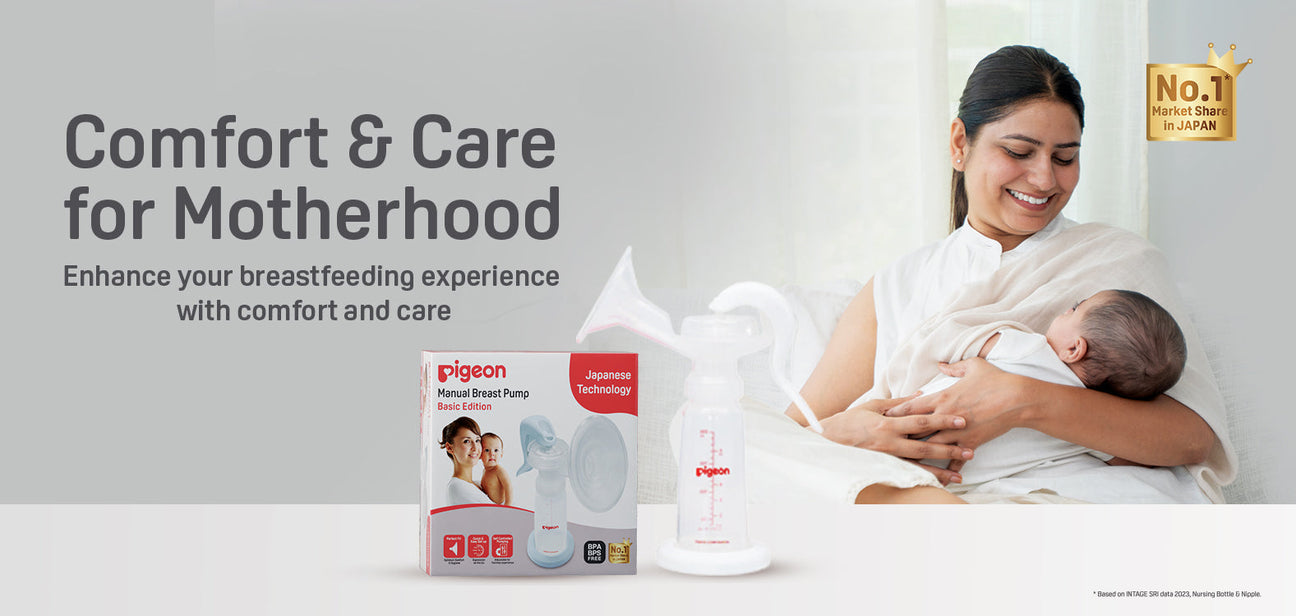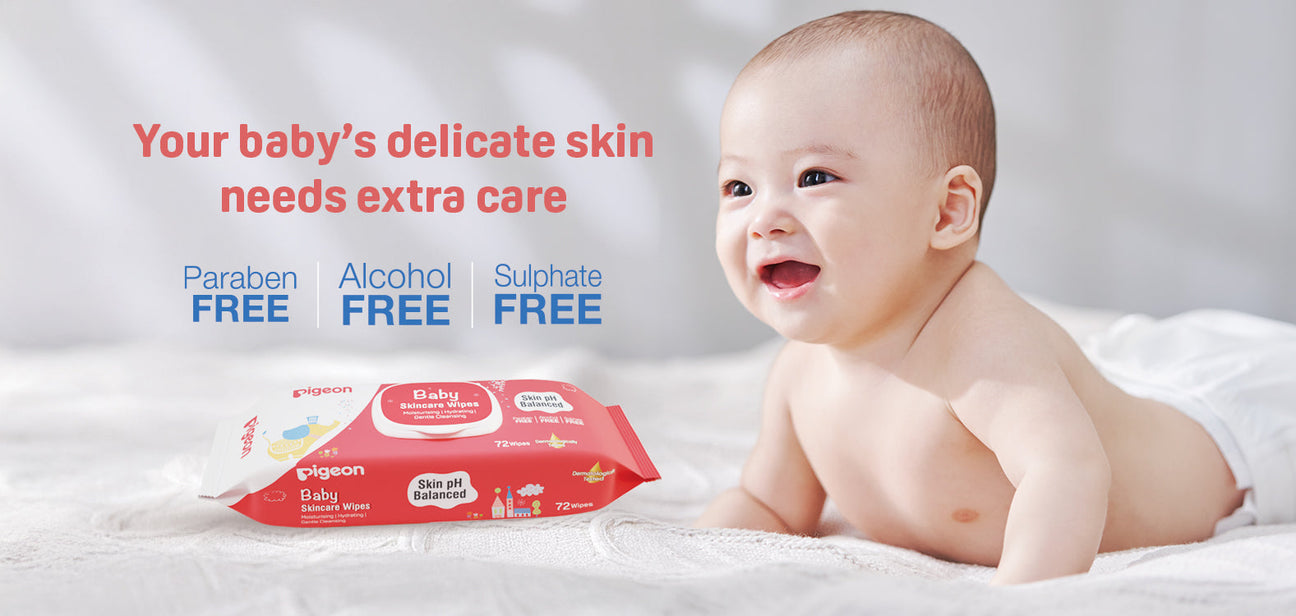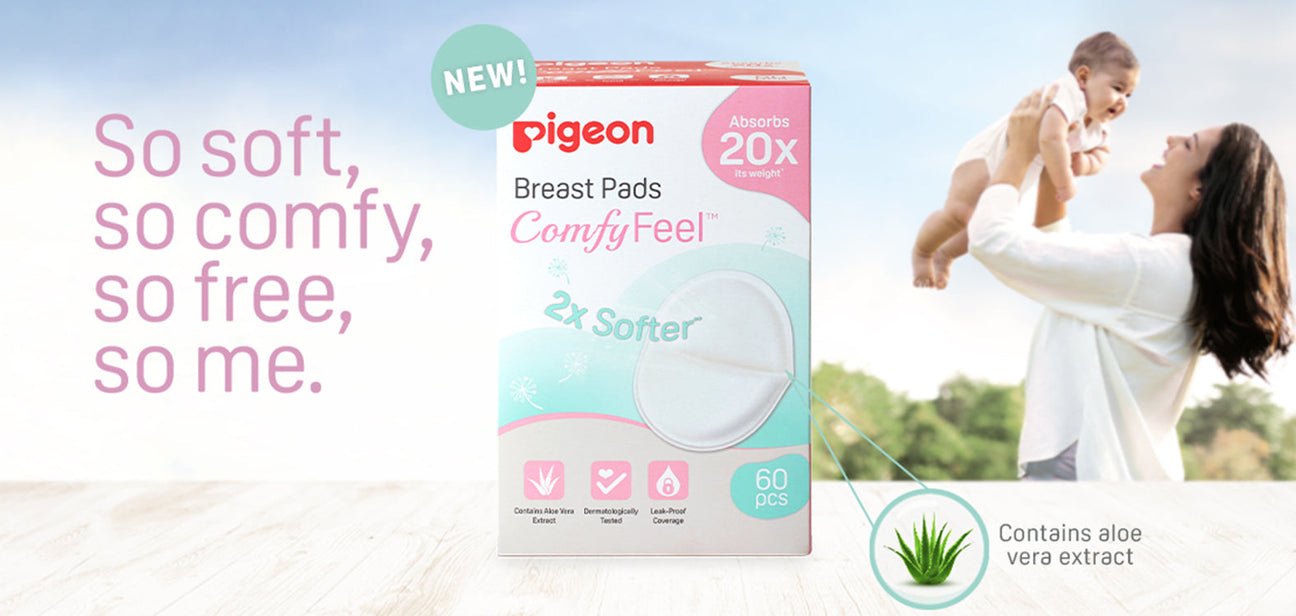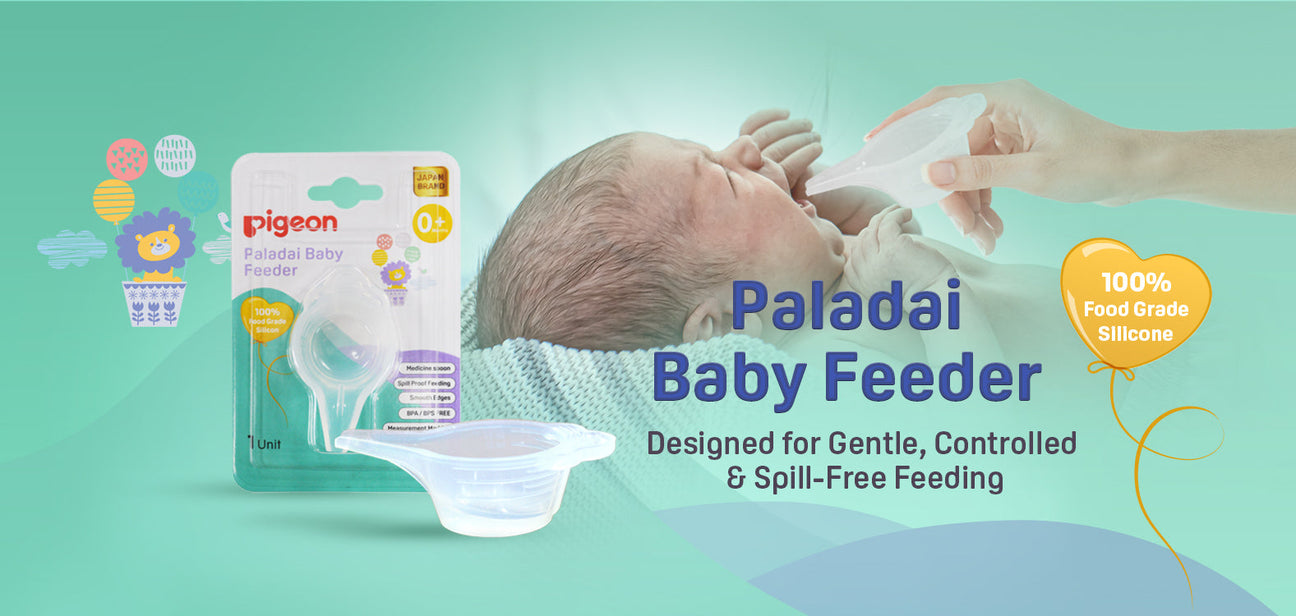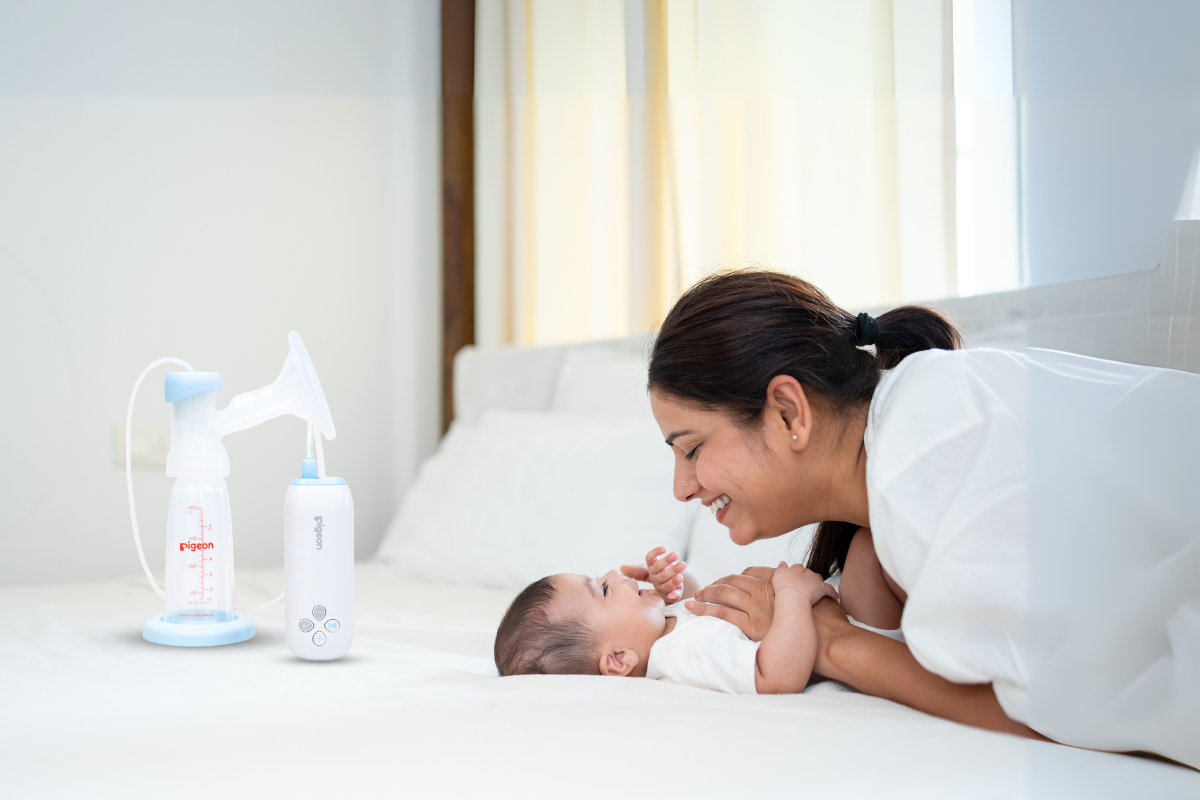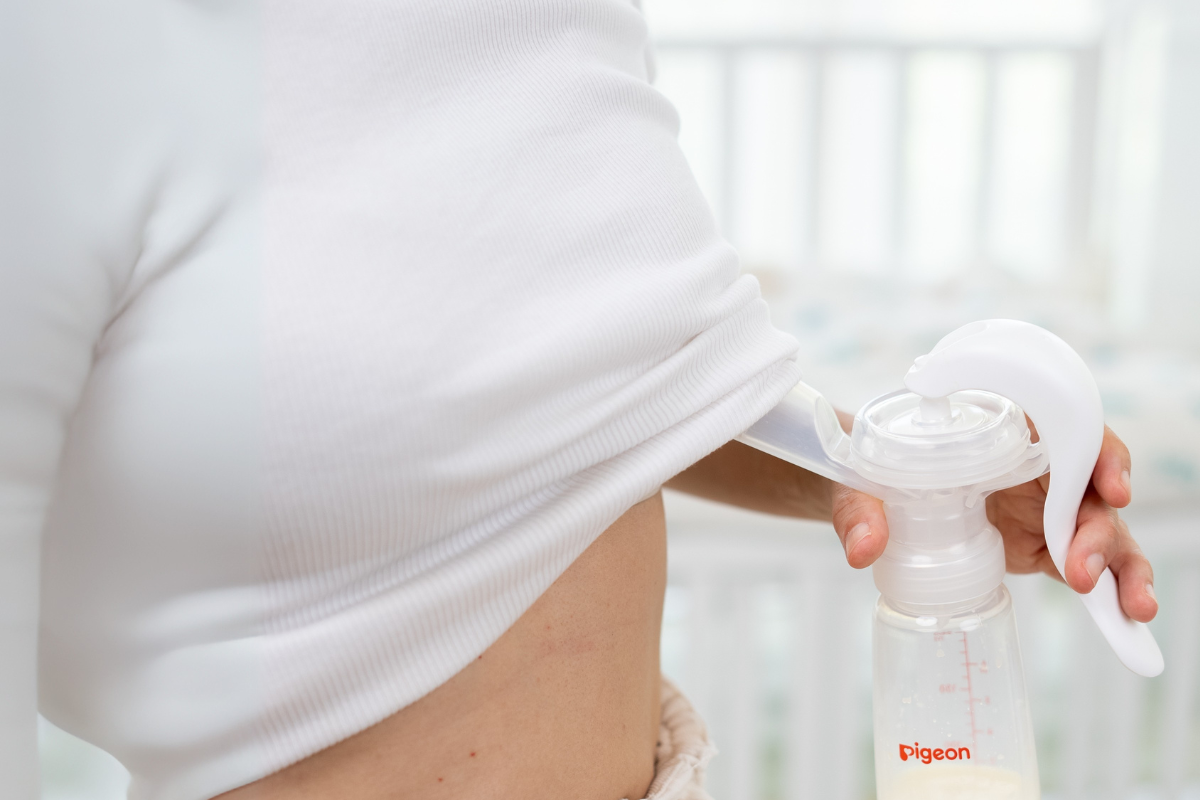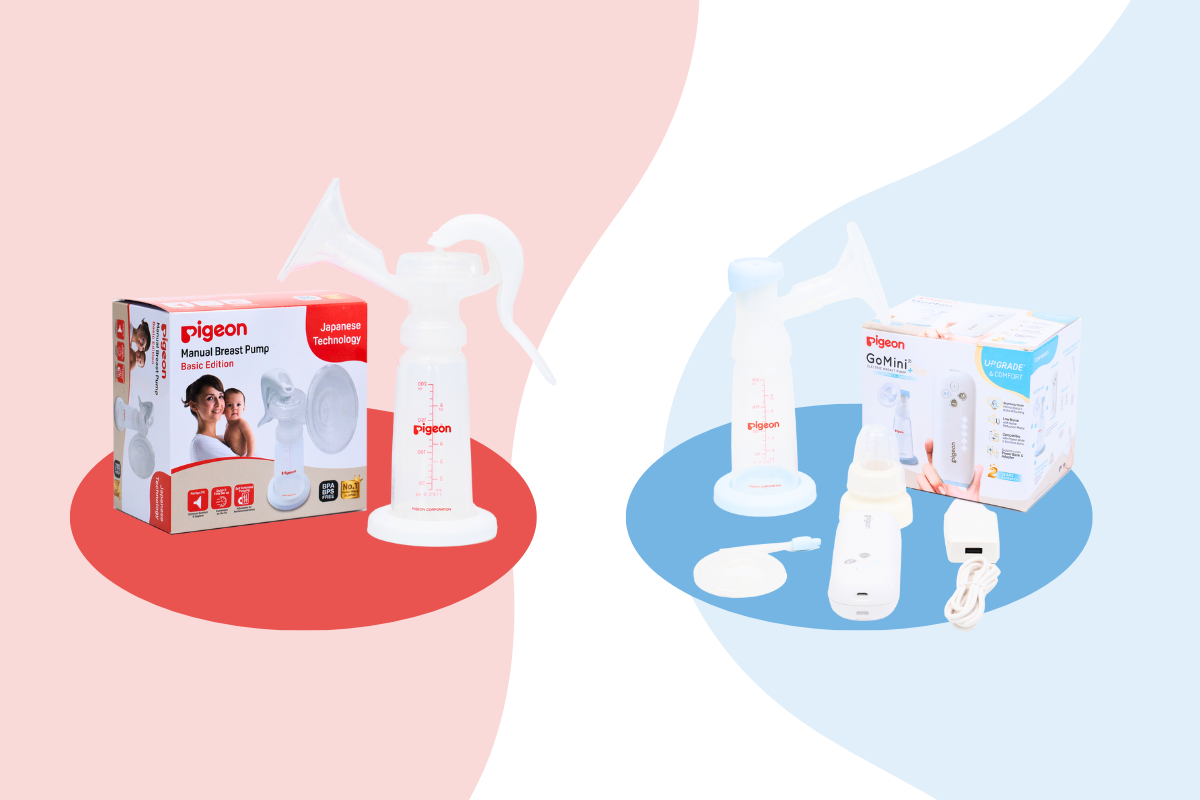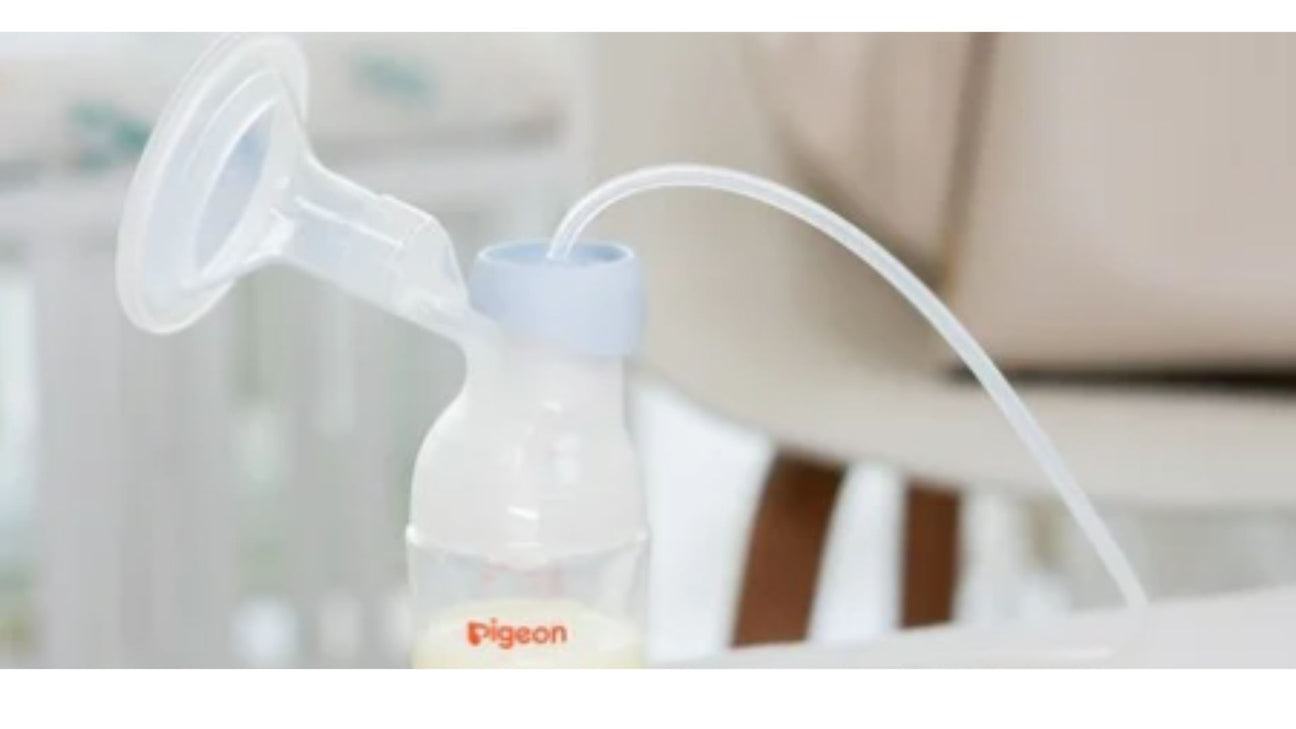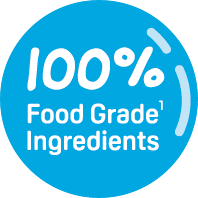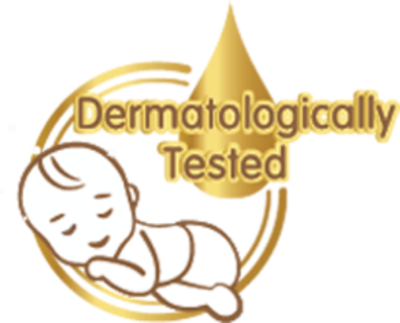Your baby’s early years are filled with milestones: the first smile, the first taste of solid food, the first tiny tooth peeking through those gums. Along with these firsts comes a habit that can shape your child’s health for years to come: dental care.
Many parents assume that dental care only becomes important once all the teeth are in place. But in reality, oral care starts from day one, long before your child’s milk teeth fully develop. In this blog, let’s understand why dental care is so important for babies and how you can make it a simple, everyday routine that benefits your little one’s future health.
Why is Dental Care Important for Babies?
Building good oral hygiene habits early has long-term benefits. Here’s why it matters:
1. Foundation for future health
Milk teeth may be temporary, but they set the path for permanent teeth. Proper milk teeth care ensures healthy gums and spacing for future growth.
2. Learning healthy habits
Habits formed between newborn to toddler years often last into adulthood. Teaching brushing early sets the stage for lifelong dental hygiene.
3. Protection from tooth decay
Even before all the teeth come in, sugars in milk and food can lead to decay. Simple care helps prevent cavities and gum problems.
4. Supporting speech and eating
Healthy teeth play a role in how your baby chews food and even how they start to form words. Dental issues can make both harder.
5. Boosting confidence with a smile
As your child grows, a healthy smile builds confidence. Early dental hygiene prevents issues that may affect their comfort and self-esteem.
How to Care for Baby’s Teeth and Gums (Newborn to 3 Years)
You don’t need complicated routines; just small, consistent steps:
-
Gum Guardian: Even before teeth appear, gently wipe your baby’s gums with a clean, damp cloth after feeds.
-
No Midnight Battles: Never put your baby to bed with a bottle in their mouth. Prolonged exposure to milk or juice can cause early tooth decay.
-
Allies for Teething: Offer a clean teething ring to soothe swollen gums during teething stages.
-
No Sharing Villains: Avoid sharing spoons or testing bottle temperatures with your mouth. It can transfer bacteria to your baby.
-
Baby Toothbrush Transition: Once the first teeth appear, introduce a soft baby toothbrush designed for infants.
How Can You Promise Your Baby Good Dental Care?
The answer lies in introducing the right tools at the right time. Along with good habits, investing in a gentle baby toothbrush and safe toothpaste is key. This not only makes cleaning effective but also fun for little ones.
Pigeon Range of Dental Care
At Pigeon, we trust thoughtfully designed products. The Pigeon range of dental care supports parents in introducing good oral habits early.
Training Toothbrush Lesson 123 Set (Newborn and Up)
This set is ideal for every stage of your baby’s journey. Co-developed with paediatric dentists, it helps babies transition from gum care to their first real toothbrush. With a curved grip for control and fine nylon bristles for gentle cleaning, it’s both comfortable and effective.
Baby Training Toothbrush Lesson 1 (3–6 Months to 3 Years)
Perfect for babies aged 6–8 months or when most milk teeth are starting to come in. Its soft bristles clean gently, while the curved handle makes it easy for little hands to hold. The soft bristle toothbrush for baby ensures comfort while maintaining hygiene.
Baby Training Toothbrush Lesson 2 (Above 6 Months)
As your baby grows and more teeth begin to appear, Lesson 2 makes brushing easier and more effective. Designed with dentist expertise, it introduces little ones to the feel of a real toothbrush. The curved grip allows for better control, and the soft nylon bristles gently clean without hurting delicate gums.
Baby Training Toothbrush Lesson 3 (Above 12 Months)
By the time your child turns one, most of their milk teeth have started to appear, making regular brushing a must. The Pigeon Baby Training Toothbrush Lesson 3 is designed especially for this stage. Co-developed with a leading paediatric dentist, it’s the perfect way to introduce your toddler to their first real toothbrush.
Pigeon Toothpaste for Children
Available in fruit flavours like strawberry, orange, and fruit punch, this toothpaste makes brushing enjoyable. It’s fluoride-free, SLS-free, and color-free, making it safe while preventing tooth decay and promoting healthy gums.
Electric Finishing Toothbrush with Two Spare Brushes
For toddlers ready for more advanced care, the kids electric toothbrush is a great choice. With a 2-minute smart reminder, LED light for visibility, and gentle vibration modes, it ensures thorough cleaning without fuss. The slim handle is easy for kids to hold, and the waterproof design makes it safe for everyday use.
(Note: Avoid sterilising this product to maintain its function.)
Conclusion
Your baby’s smile is precious, and caring for it from the very beginning makes all the difference. From wiping gums in the newborn stage to introducing a baby toothbrush and toothpaste, every small step builds the foundation for healthy habits.
The importance of dental hygiene isn’t just about preventing cavities—it’s about ensuring your child eats well, speaks clearly, and smiles with confidence. With the right habits and tools, you’re not only protecting milk teeth but also giving your baby a lifetime gift: a healthy relationship with dental care.
FAQs
Q. When should I start cleaning my baby’s mouth?
A. You can start even before teeth appear. Wipe the gums with a damp, soft cloth after feeds. Once the first tooth comes in, switch to a soft baby toothbrush.
Q. Is teething painful for babies? What can I do to help?
A. Yes, teething can cause soreness and fussiness. You can offer a clean teething ring or gently massage the gums to ease discomfort.

